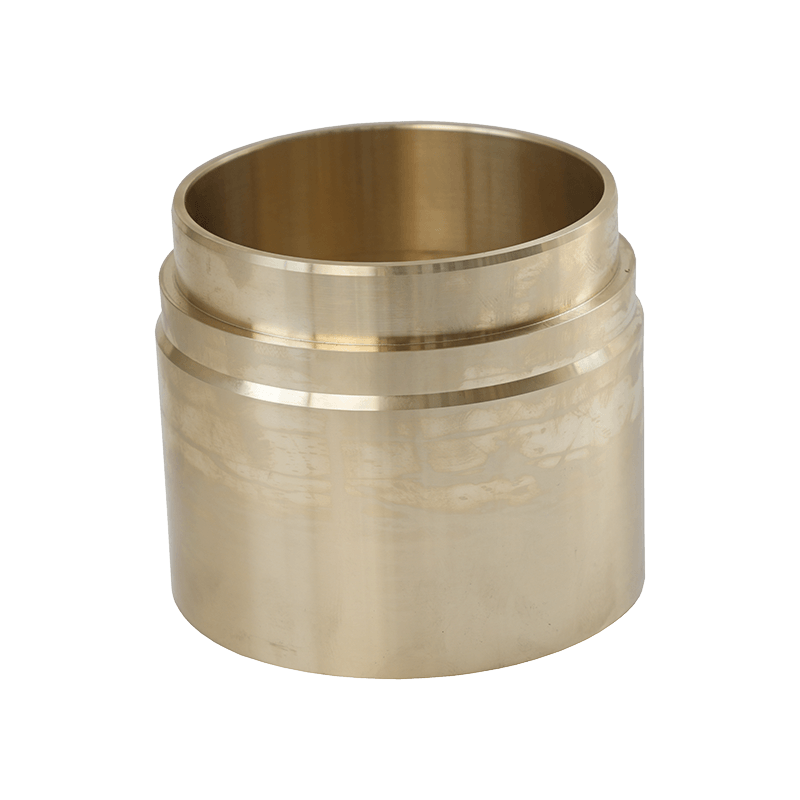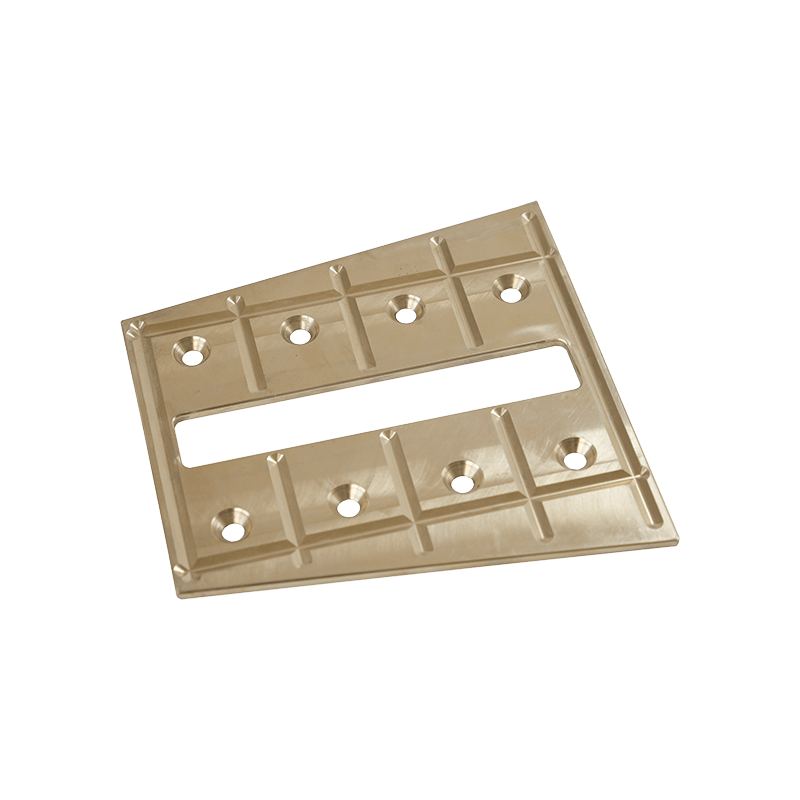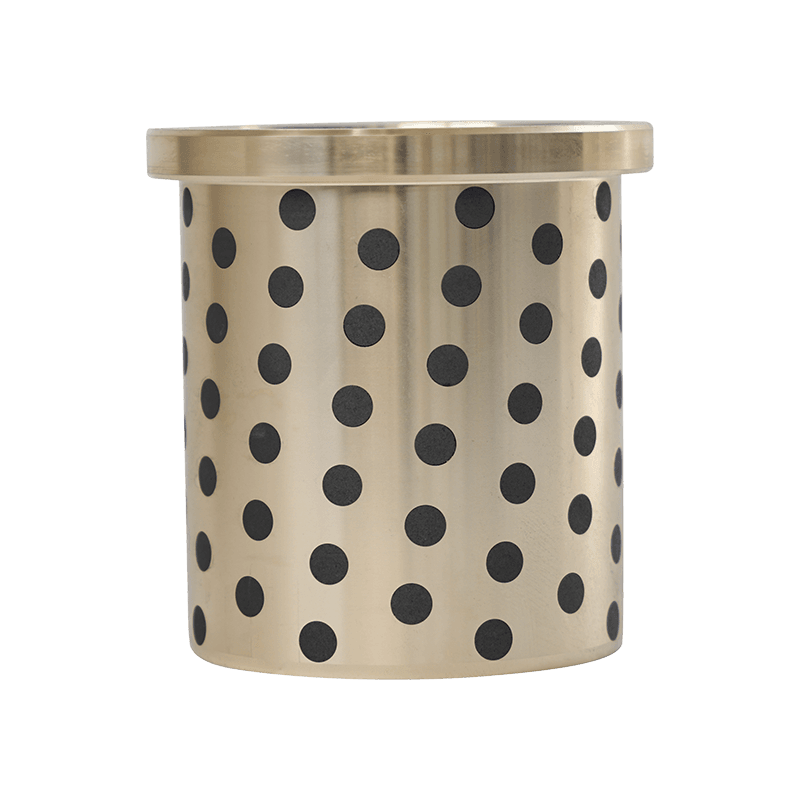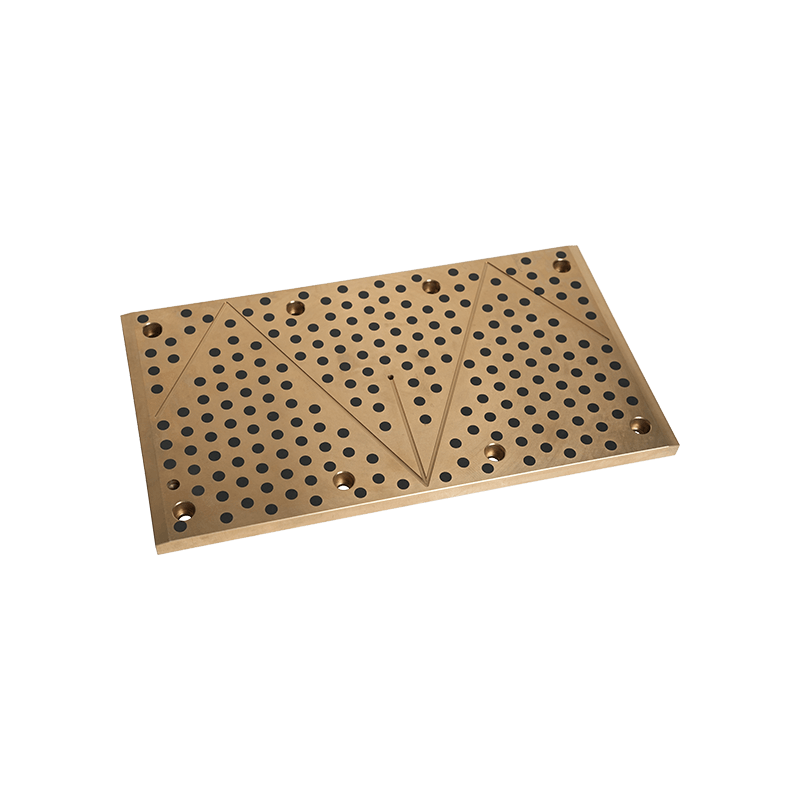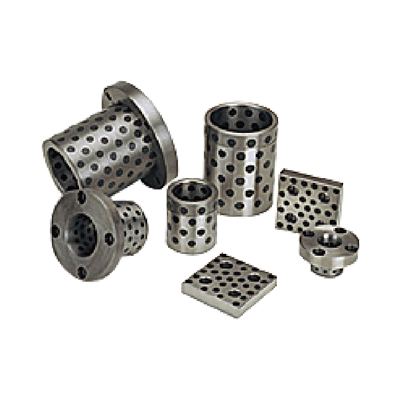Enhancing the corrosion resistance of Steel Explosion Welding Composite Panels in harsh environments is essential for extending their lifespan and maintaining performance in industries such as petrochemical, marine, and energy. The unique construction of these panels—where two or more dissimilar metals are bonded through explosion welding—allows for strategic material choices and treatment processes to resist corrosion effectively. Below are key strategies to enhance their corrosion resistance:
Cladding with Corrosion-Resistant Metals: One of the primary ways to improve corrosion resistance is by selecting corrosion-resistant metals for the cladding layer. Materials such as stainless steel, nickel alloys, or titanium are often used as the top layer to protect the steel substrate from corrosive environments. These metals are known for their excellent resistance to oxidation, acids, and saltwater corrosion.
Choosing the right base metal (typically carbon steel or other structural alloys) is important for mechanical strength, but it must also be compatible with the cladding material. The explosion welding process creates a metallurgical bond that enhances corrosion resistance at the interface, making it crucial to ensure both metals complement each other in corrosive settings.
Electroplating: Applying a thin layer of protective metal through electroplating (e.g., nickel, chromium) can enhance the corrosion resistance of the surface. Electroplated layers provide additional barriers against environmental exposure, slowing down the corrosive effects of moisture, chemicals, and salts.
For aluminum-clad steel panels, anodizing can be an effective way to increase the corrosion resistance. This process thickens the natural oxide layer on aluminum, providing a more durable and resistant surface.
Coating the composite panel with a polymer layer (such as epoxy or polyurethane) adds an extra barrier to corrosion. These coatings are widely used in environments where exposure to aggressive chemicals, saltwater, or moisture is common. Such coatings act as an impermeable layer that prevents the corrosive elements from reaching the metal.
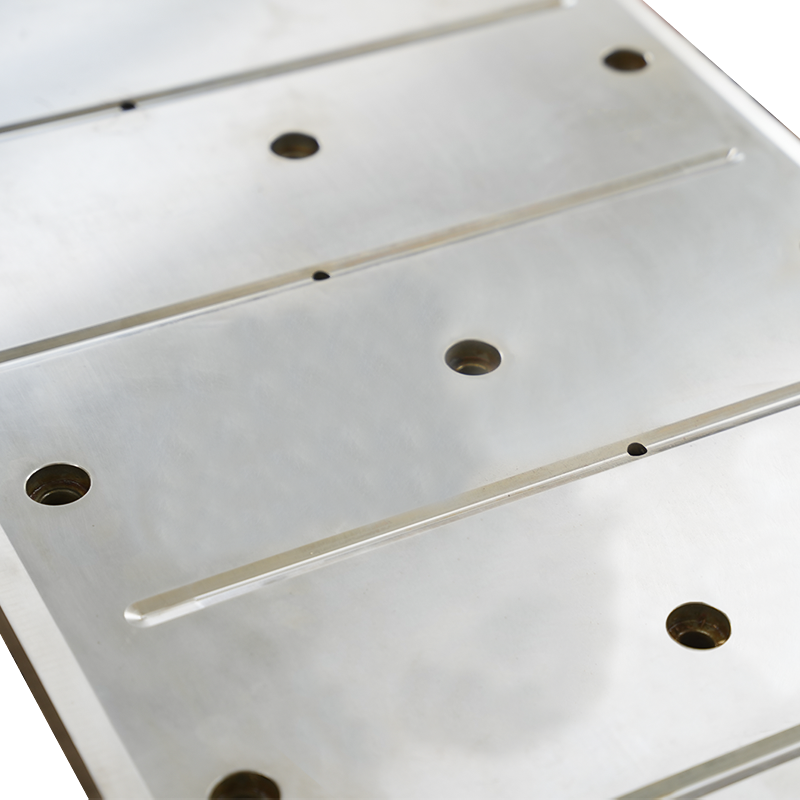
Stainless steel and other metals that naturally form oxide layers can benefit from passivation, a chemical treatment that enhances the formation of the protective oxide layer. This minimizes surface reactivity and improves corrosion resistance in environments with chlorides or acidic conditions.
Installing sacrificial anodes made from more reactive metals (such as zinc or magnesium) can protect steel explosion welding composite panels in harsh marine environments. The anode corrodes preferentially, protecting the composite panel by diverting corrosion processes away from the primary structure.
In highly corrosive industrial environments, ICCP systems can be used to apply a small electrical current to the composite panel, preventing corrosion by neutralizing the electrochemical reactions that cause metal degradation. This is particularly useful for large structures exposed to water or buried underground.
When combining different metals in an explosion welding composite panel, it is crucial to avoid creating conditions that promote galvanic corrosion. This occurs when two dissimilar metals in contact with each other in the presence of an electrolyte (e.g., seawater) cause one to corrode faster than usual. Proper material selection and isolation between incompatible metals can prevent this issue.
Proper sealing of joints, welds, and edges is vital to prevent moisture or corrosive substances from penetrating the composite panel’s structure. Sealants or gaskets can help protect vulnerable areas, especially in marine or chemical environments.
In environments where the composite panels are exposed to rain, chemicals, or seawater, designing for effective drainage prevents the accumulation of corrosive substances. This is particularly important in complex installations like heat exchangers or piping systems, where stagnant water can lead to localized corrosion.
Implementing a regular cleaning and inspection schedule can help detect early signs of corrosion or surface degradation. This is especially important for environments with heavy exposure to corrosive chemicals or saltwater. Removing salt deposits, chemical residues, or environmental pollutants will reduce their corrosive impact on the panel’s surface.
In highly aggressive industrial environments, controlling factors such as humidity and temperature can reduce the corrosive effects on the composite panel. Dehumidification, temperature control, or air circulation systems can minimize the risk of corrosion in enclosed or confined spaces.
Applying corrosion inhibitors to the surface of the composite panels or integrating them into the design can slow down the corrosion process. These chemical agents form protective films that block the interaction between the metal surface and corrosive elements.
To enhance the corrosion resistance of Steel Explosion Welding Composite Panels in harsh environments, a combination of selecting the right materials, applying protective coatings, using cathodic protection, and adopting careful design and maintenance practices is essential. These strategies not only protect the panels from corrosive damage but also ensure their long-term durability and performance in demanding industrial and marine applications.

 English
English Deutsch
Deutsch Español
Español русский
русский

 +0086-513-88690066
+0086-513-88690066